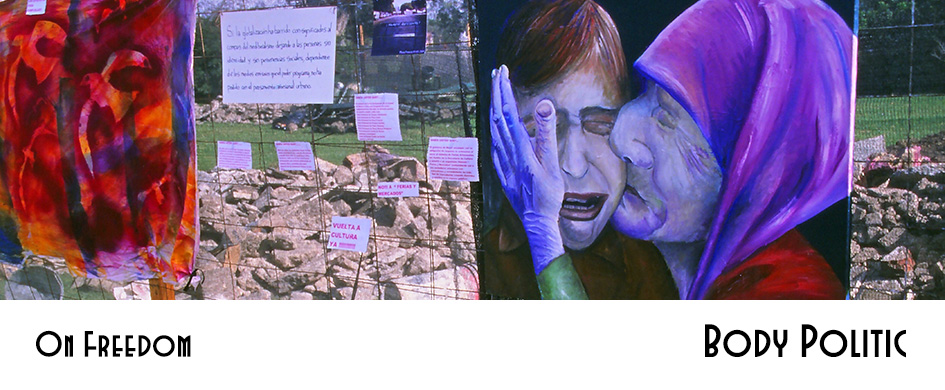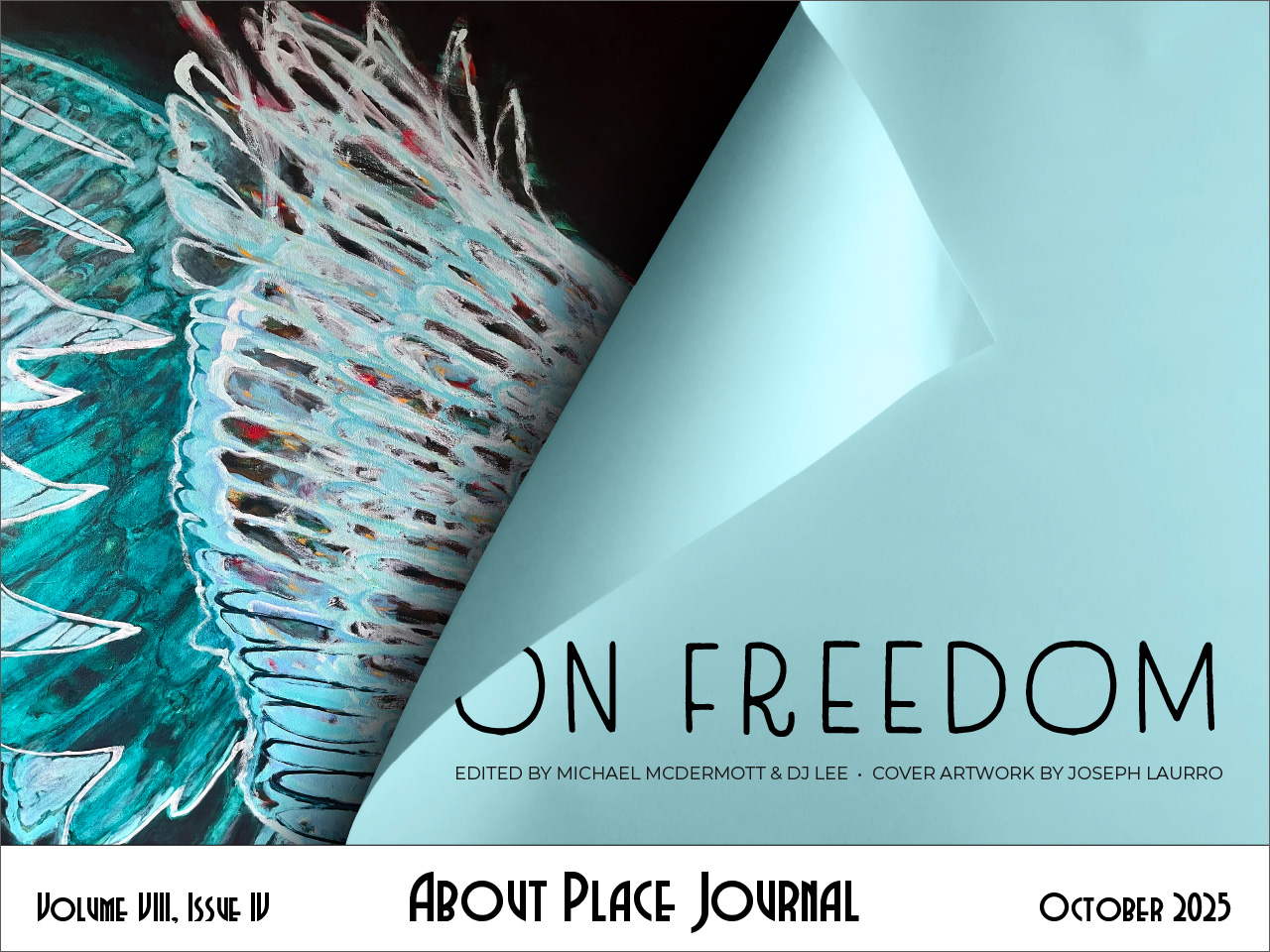“I really couldn’t, couldn’t eat a mouse pie. And I shall have to eat it, because it is a party.”
— Beatrix Potter
This country couldn’t, really couldn’t, spell freedom
with a q, yet here we go again. Quietly quaking. Killing
loudly. Spelling birthright like never here. This country
couldn’t, really couldn’t split the pie into unpieful slices:
give everyone an extra scoop of ice cream, keep cutting
til the berries gush. The berries couldn’t be more beautiful,
more plentiful, more picked by immigrants paid to never tell
their real brambled stories in a language where truth thrums
mouthy and luscious as a pie buffet. A pie parade. This country
couldn’t throw one, couldn’t give itself crustless. Couldn’t love
the hedonistic pie plate, the pucker where the crimping gaps
slutty and slovenly as a book in clear, ripped library plastic—
anyone can touch it—anyone can judge what the words mean.
Freedom’s just another word for; freedom spelled with a silent free.
This country couldn’t spell worth a damn from the start. Kept
abbreviating woman as man, kept abbreviating pie as I, kept creating
pies out of appleappleappleappleappleappleapple ladening the tree
like hard red clouds, like a pie storm (all worm and snake and
fairytale chomping on its own dark tail, instead of something more
like manna, like enough, like knives were made for licking off
the juice and letting it dangerously dribble, then licking off a lover’s
mouth until who knows what the fruit is, and who cares). This country
couldn’t not care or couldn’t care or couldn’t tell the difference—
couldn’t clean the plate or let its hate turn soft as butter between
human fingers’ rub, or it could, but who would walk with the blue-
ribbon prize, the mousetrap of the wallet stuffed? This country
could sing a different song than blackbirds, sixpence, pie plates,
crumbs and ovens. Could bake itself silly and satiated, generous
as filling spilling down the oven rack. Could bubble and drip
and let living mice riffle whiskers in the sweet, sticky sludge.
Could bake flour-butter-salt-sugar-water to a more perfect
union til everyone lifts pieces out with only fingers, then licks
those fingers like a dog licks where a rabbit’s been after it’s wriggled
through a fence that’s lattice like a crust for the pie of yard—because
who says there’s only this pie or that pie, or pie on the moon; there’s
starry-earthy pie for all and whiskey shots scorchy enough to keep
the sugar honest. And freedom is spelled (could be, could be):
here’s to handed-down recipes with handwritten notes that improve them:
it’s mousse pie, not mouse pie; add more cream to the filling; add
more filling to the cream, run your tongue down the beaters; let yourself
love what MLK called “this garment of destiny.” He meant,
whatever hurts one, hurts everyone. He meant, we’re all in the pie.


